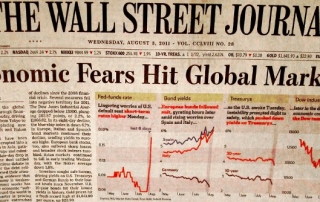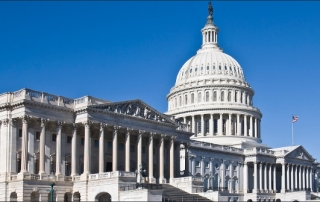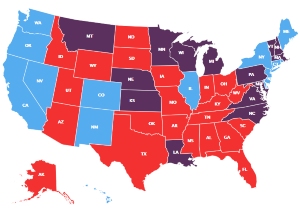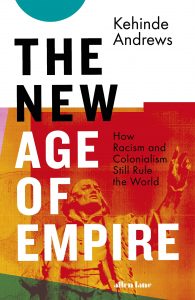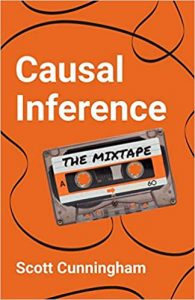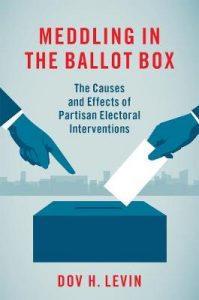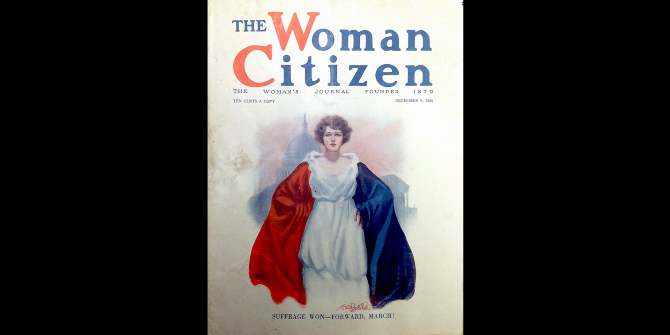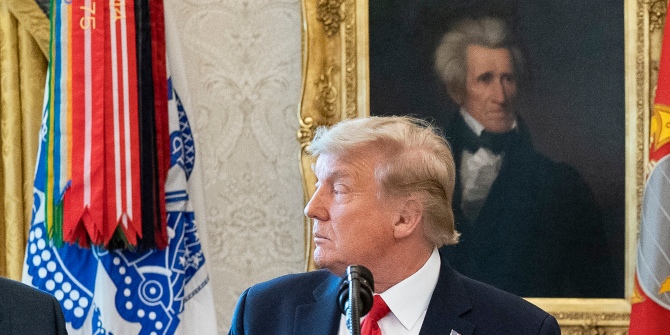The public may not be getting the policies they want, but it’s very hard to measure what they do want.
If democracy is to be representative, then public policies should reflect what the public wants. But how do we determine whether or not this is the case? Christopher Wlezien takes a close look at policy representation, arguing that it can be very hard to assess given that support for and opposition to a specific policy may not reflect what […]



